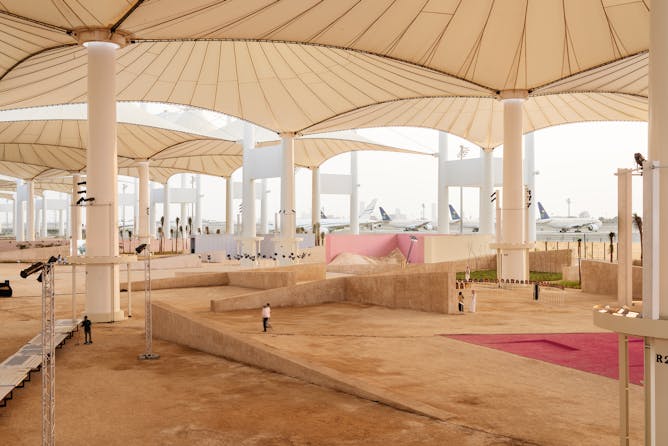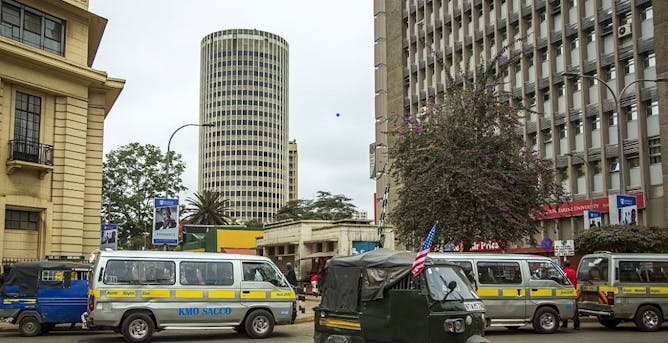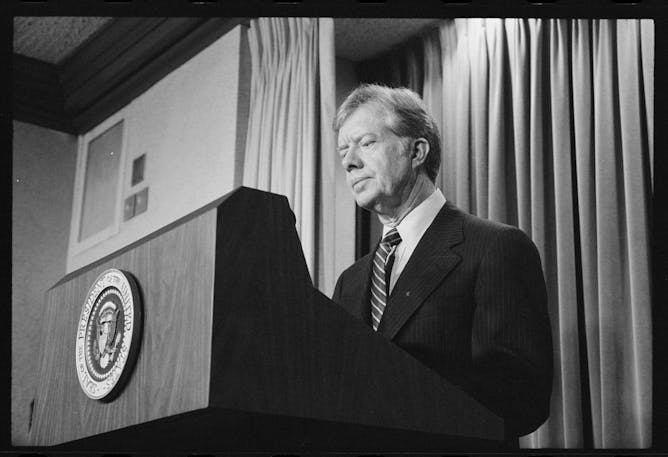|
I’m a big fan of South African contemporary artist Haroon Gunn-Salie, who translates communal histories into art installations. He is named after activist and imam Abdullah Haron, who was assassinated by the apartheid police in 1969. In his extraordinary new work being exhibited at the inaugural Islamic Arts Biennale in Saudi Arabia, he suspends 1,000 kufi caps (worn by Muslim men) from the ceiling to represent the 40,000 mourners who attended his namesake’s funeral in defiance of the police. While his work has always resonated with me on a political level, for the first time I am also seeing it on a spiritual level, as a powerful work of Muslim art. This is the magic of what South African
architecture scholar Sumayya Vally has achieved as the creative director of the huge art exhibition. She has drawn Muslim artists from across the world - and especially from Africa -
and placed them in the context of Islamic ritual, philosophy and daily life. She told me what’s on show and why it matters.
One of Kenya’s first skyscrapers, the Hilton Hotel in central Nairobi, was recently closed after more than 50 years of operation. The cylindrical landmark helped to shape the character of the city’s central district and inspired a high-rise boom far and beyond. But the landmark had a darker side too, argues Constance Smith. The modernist ambition of the Hilton hid less salubrious activity. In addition, the city’s glossy vertical transformation is awash with
rumours of property speculation, cut-throat deals and a murky real estate sector.
|

Sumayya Vally, UCL
The celebrated South African architect Sumayya Vally is the creative director of the exhibition.
|

Constance Smith, University of Manchester
As Nairobi grows ever taller, and as newer suburbs take over from the central business district as the city’s commercial centres, the Hilton stands as a landmark to a different era.
|

Nancy Mitchell, North Carolina State University
Carter’s work in Zimbabwe forms a significant and under appreciated part of his legacy
|

Ashleigh Craig, University of the Witwatersrand
Adverse childhood experiences are associated with an increased risk of mental health problems in adulthood.
|
From our international editions
|
-
Paola Profeta, Bocconi University
Giorgia Meloni famously became the first woman prime minister last year. Now she has a female opponent as leader of the Democratic party.
-
Aaron Scott, University of Birmingham; Shaun Thein, University of Birmingham
E-cigarettes may be a useful tool to help people quit smoking, but emerging evidence shows how important it is to make this only the first step in giving up altogether.
|
|